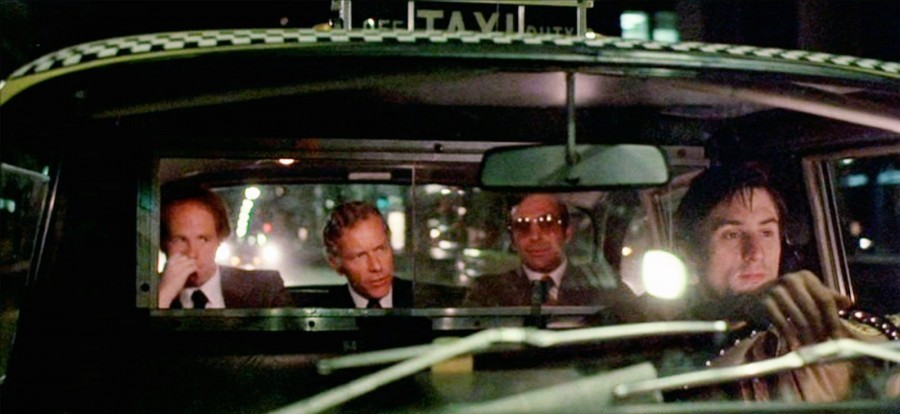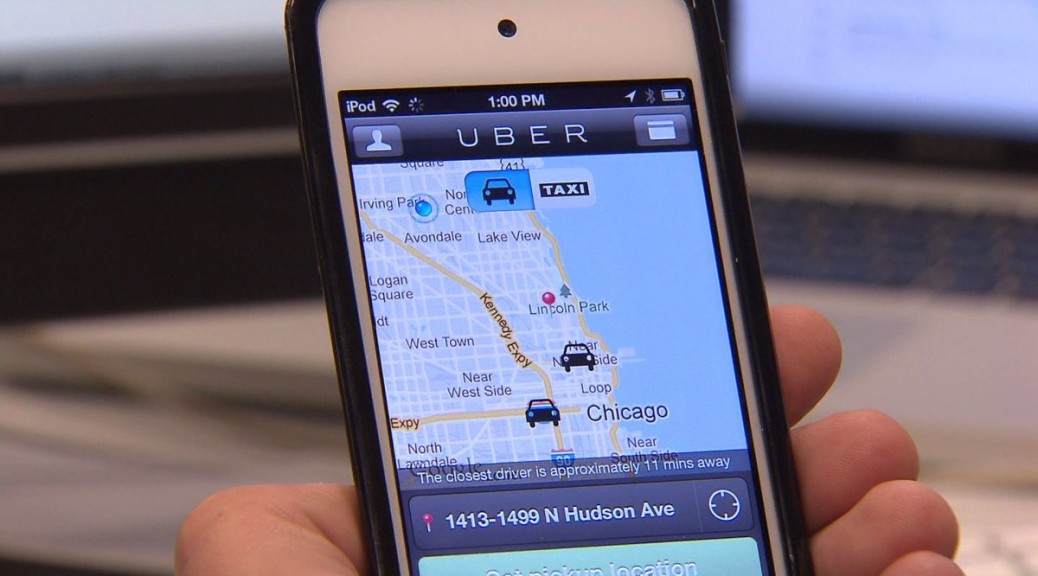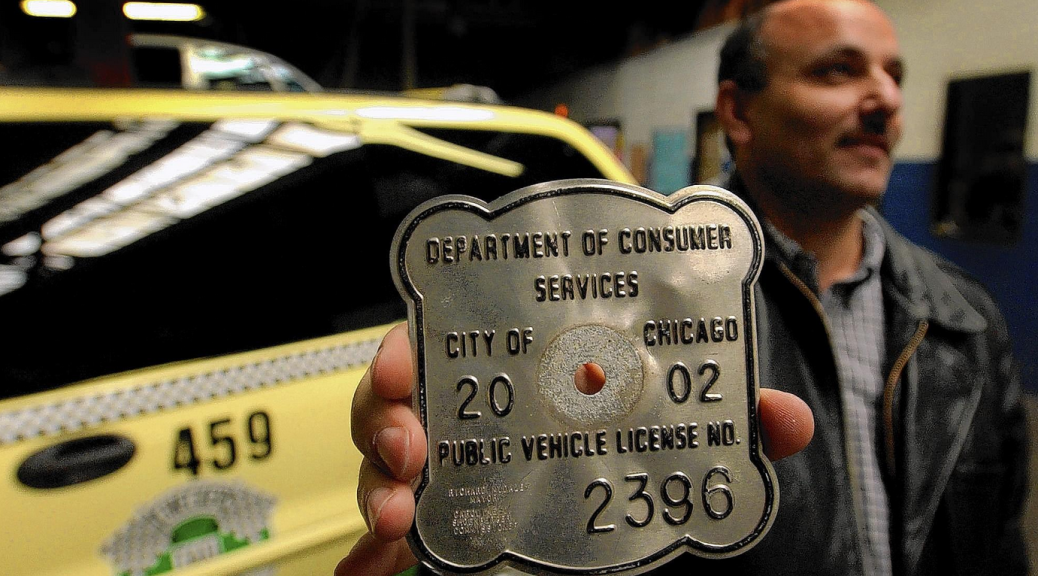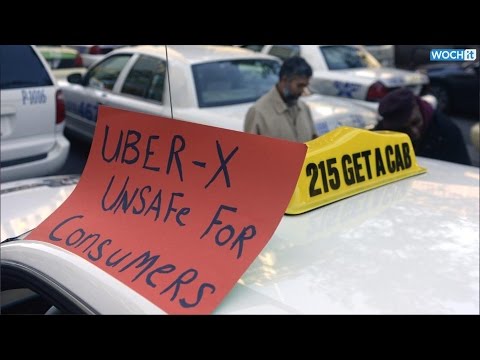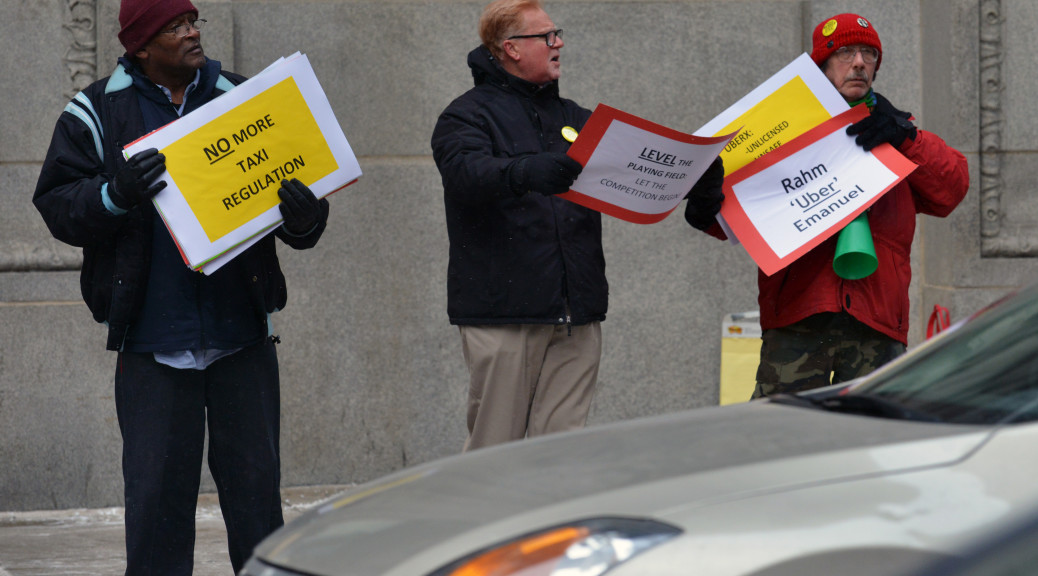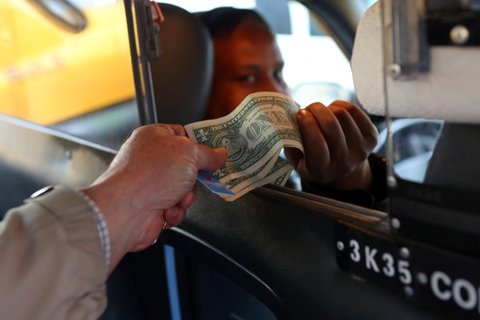The more paranoid ones among us will never feel safe even at home, but fear of getting harmed shouldn’t keep us from going through the process called life – more so, going to places here and there for work, studies, or leisure. Wait, that’s a bit huge and heavy for this rather ordinary and calm day. I just got off this cab I got from booking a ride via Universal Taxi and I wondered how safe I felt and how safely I got off.
If you’re like me who hails a cab to move around the city, you may have also gone through one (or two, three) points in your life when you thought about how safe you really are when you put yourself, your life in the hands of a driver in his taxi.
Here are some safety tips when riding a taxi:
Be alert and aware.
It pays a lot to not ignore gut-feel when it presents itself. I am a huge fan of our instinctive nature and how it mostly gives us a hint whenever we need it. So wherever I go, I open myself up to that natural thud in my chest, which prompts a natural switch in my brain to tell me I may be in danger of some sort. I go by my instinct every time and I am often right about it.
It wouldn’t hurt too, to observe your surroundings and check the goings-on. You never know when some event will significantly affect you. Read, observe. Open your senses. Speak out when necessary.
Know your rights.
Humans and their rights in the society have forever been fought for, for a reason. There are those who tend to take advantage and those on the losing side need to fight or they perish. I’m not about to start a revolution here. I’m just saying that in every little aspect of our everyday life as a consumer, we have rights.
Have you ever tried reading and understanding that Passenger’s Rights displayed in cabs? Try reading through them and be informed about what service you could demand from your driver and what your rights are when you rent his car.
The basics include courtesy from the driver, safety, receipt, no usage of cellphone, etc.
Look for options.
With the emergence of the Internet and the rise of mobile technology, we have been given a plethora of options. Whether for communication, business, or finding a new apartment or shopping – there have been so many things online that help us do the usual things much differently now in more convenient ways than ever before.
For commuters, the ridesharing scheme which has gained a momentum in the city with the rise in smartphone users is now another option to get a ride when we need it, where we need it. Apps like that from Universal Taxi now help us book a cab ride with less hassle.
So you, see – paranoia could be a safe haven; but gut-feel, with loads of modern options could make our lives a bit easier.
